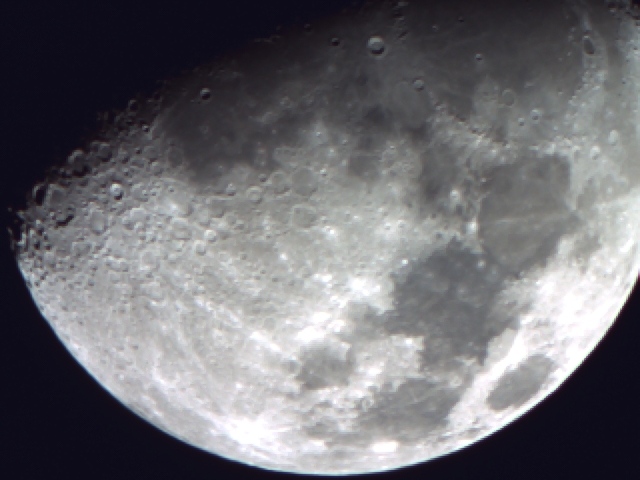One typically finds the Hermite differential equation in the context of an infinite square well potential and the consequential solution of the Schrödinger equation. However, I will consider this equation is its “raw” mathematical form viz.
First we will consider the more general case, leaving undefined. The second case will consider in a future post
, where
PART I:
Let us assume the solution has the form
Now we take the necessary derivatives
where upon substitution yields the following
Introducing the dummy variable and using this and its variants we arrive at
Bringing this under one summation sign…
Since , we therefore require that
or
This is our recurrence relation. If we let we arrive at two linearly independent solutions (one even and one odd) in terms of the fundamental coefficients
and
which may be written as
and
Thus, our final solution is the following
